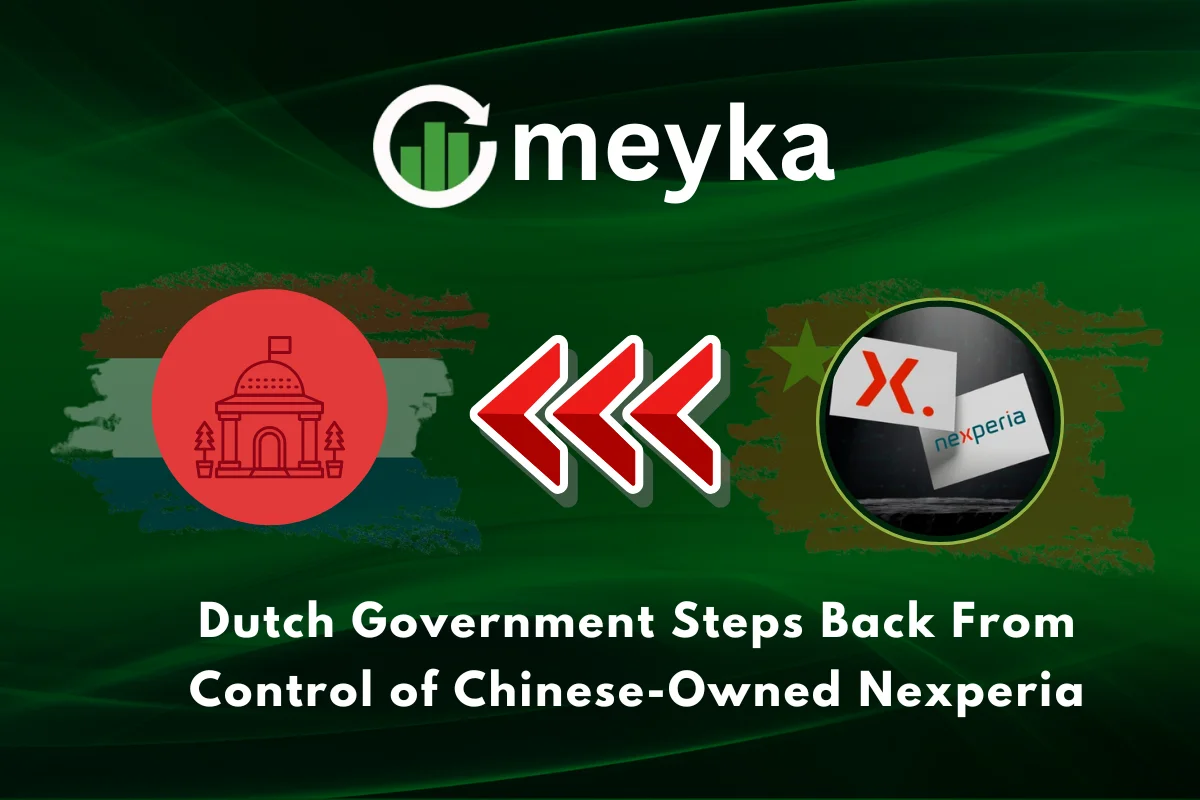Dutch Government Steps Back From Control of Chinese‑Owned Nexperia
The Dutch government has suspended its intervention in Nexperia, the Netherlands‑based semiconductor company owned by China’s Wingtech, following a tense standoff that raised serious questions about technological sovereignty in Europe. This move marks a major turn in a geopolitical dispute over critical chip manufacturing capacity.
Continue Reading on Meyka
This article is available in full on our main platform. Get access to complete analysis, stock insights, and more.
Read Full Article →





